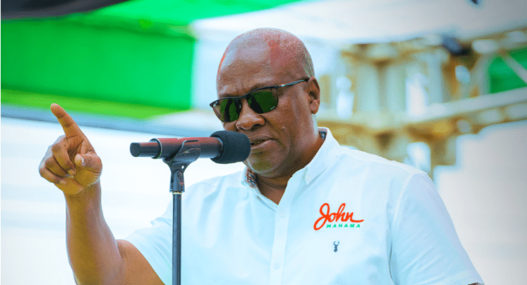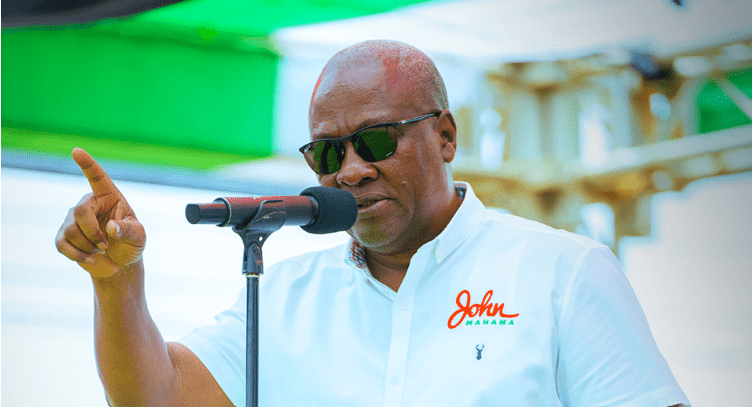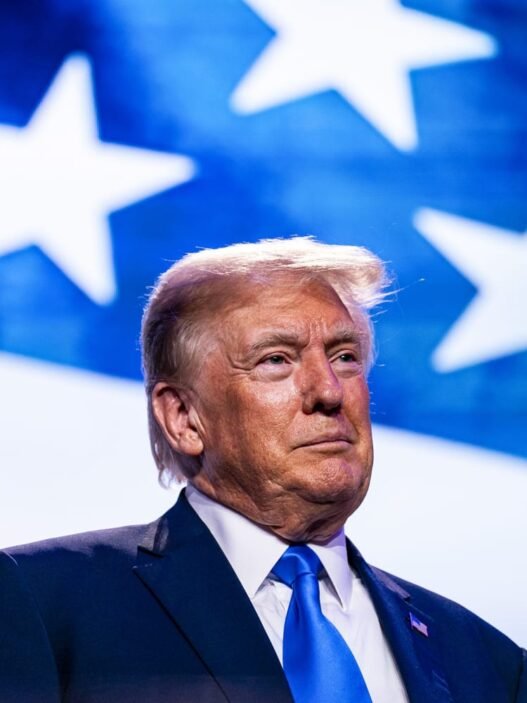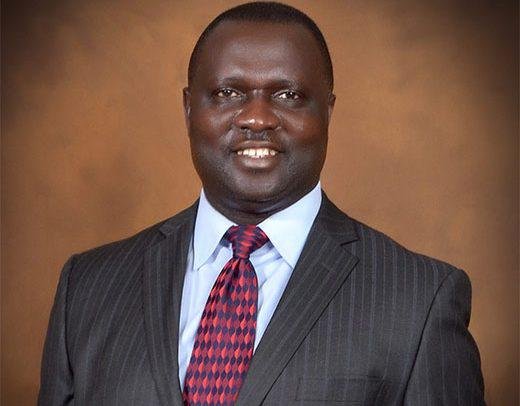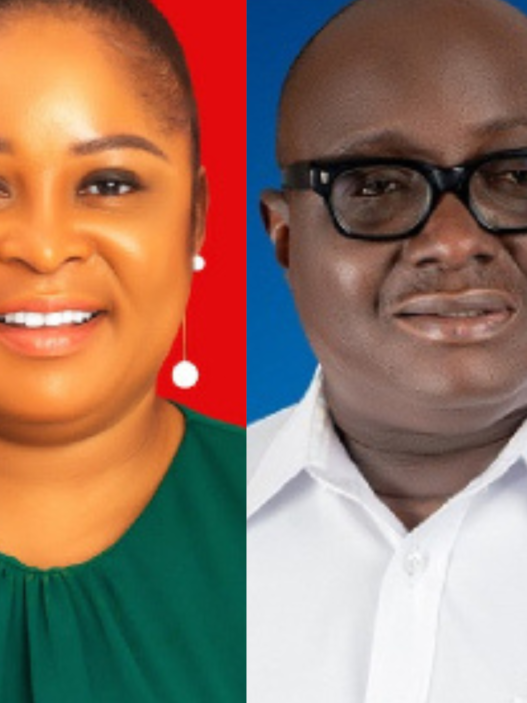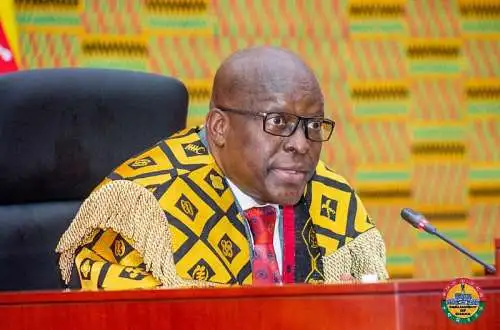Former President John Dramani Mahama has been declared the winner of Ghana’s 2024 Presidential Election, making him the first leader in the Fourth Republic to serve two non-consecutive terms. The Chairperson of the Electoral Commission, Jean Mensa, announced Mahama as the President-elect after securing 56.55% of valid votes cast, defeating his closest rival, Dr. Mahamudu Bawumia, who garnered 41.61% of the votes.
The results mark a decisive win for the National Democratic Congress (NDC) in a race that witnessed lower-than-usual voter turnout.
Full Results of the Presidential Election
The results from the Electoral Commission, based on 267 constituencies, are as follows:
- John Dramani Mahama (NDC) – 6,328,397 votes (56.55%)
- Mahamudu Bawumia (NPP) – 4,657,304 votes (41.61%)
- Nana Kwame Bediako (Independent) – 84,478 votes (0.75%)
- Alan K. Kyerematen (Independent) – 31,202 votes (0.28%)
- Nana Akosua Frimpong (CPP) – 23,397 votes (0.21%)
- Hassan Ayariga (APC) – 17,461 votes (0.16%)
- Daniel Augustus Lartey, Jnr. (GCPP) – 16,673 votes (0.15%)
- Christian Kwabena Andrews (GUM) – 16,461 votes (0.15%)
- Kofi Akpalu (LPG) – 5,219 votes (0.05%)
- Mohammed Frimpong (NDP) – 4,413 votes (0.04%)
- Kofi Koranteng (Independent) – 3,320 votes (0.03%)
- George Twum Barima Adu (Independent) – 3,091 votes (0.02%)
Turnout and Election Details
The 2024 election recorded a low voter turnout of 60.9%, based on results from 267 constituencies:
- Total Registered Voters: 18,774,159
- Total Votes Cast: 11,430,531
- Total Valid Votes Cast: 11,191,422
- Rejected Ballots: 239,109
This turnout is a sharp decline compared to the 79% recorded in 2020, reflecting voter apathy and discontent with Ghana’s political landscape.
Significance of the Results
Mahama’s Historic Comeback
Mahama’s victory is historic, as he becomes the first leader in Ghana’s Fourth Republic to secure a second, non-consecutive term. His campaign emphasized rebuilding Ghana’s economy, addressing corruption, and restoring public confidence in governance.
NPP’s Decline
Dr. Mahamudu Bawumia’s 41.61% share of the votes signals dissatisfaction with the governing New Patriotic Party (NPP) after eight years in power. Economic mismanagement, rising debt levels, and corruption allegations contributed to their loss.
Third-Force Performance
Independent candidates, including Nana Kwame Bediako (0.75%) and Alan Kyerematen (0.28%), failed to make significant electoral gains, raising questions about the viability of a third political force in Ghana.
Challenges for the Incoming Administration
As President-elect, Mahama faces immense challenges, including:
Economic Recovery
- Ghana’s economy remains fragile, with a debt-to-GDP ratio of over 70% and inflation at 22.1% as of December 2024.
- Addressing unemployment and reviving key industries will be critical to his administration’s success.
Corruption and Governance
Mahama has pledged to tackle corruption and implement institutional reforms to restore public trust. His Operation Recover All Loot (ORAL) initiative aims to recover misappropriated state assets and prosecute offenders.
Social Interventions
Expanding access to healthcare, education, and social welfare programs will be key priorities for the incoming government.
What the Election Results Mean for Ghana’s Political Landscape
Reaffirmation of the Duopoly
Despite public discontent, the dominance of the NDC and NPP remains unshaken. Together, the two parties accounted for 98.16% of the total votes, leaving little room for smaller parties and independents.
Struggles for Third Forces
The inability of independent candidates and smaller parties to break through reflects the entrenched nature of Ghana’s two-party system. Nana Kwame Bediako’s 0.75% showing, while notable for an independent candidate, underscores the challenges of building a viable alternative.
Looking Ahead
Mahama’s swearing-in on January 7, 2025, will mark the start of a presidency focused on rebuilding Ghana. His administration will need to balance immediate economic stabilization with long-term development goals, addressing the grievances that led to voter apathy.
As Ghana embarks on this new chapter, the political landscape remains shaped by the enduring strength of the NDC and NPP, with the promise of a third force still far from realization.









